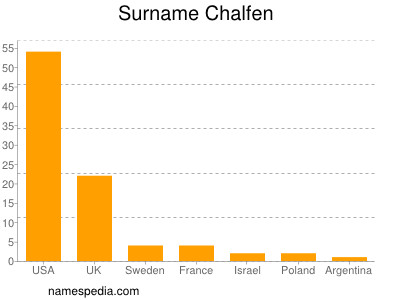

Archie’s prosaic bloke-in-the-pub outlook could be seen as representative: “He kind of felt people should just live together, you know, in peace and harmony or something.” Samad, on the other hand, values difference and craves debate. Both families, the Joneses and the Iqbals, make their home in the tatty but vibrant suburb of Willesden in northwest London, a melting pot of race and color that is maintained by and large at an amiable simmer.


Samad has opted for an arranged marriage with a Bengali, the fiery Alsana, though whatever grief he’s endured from his helpmeet is nothing compared with the trials of raising his two sons, Magid and Millat. Samad, in spite of looking like Omar Sharif, is now a downtrodden waiter in a West End curry house, and is obsessed by the history of his great-grandfather, Mangal Pande, who allegedly fired the first shot of the Indian Mutiny in 1857 (and missed).īy the mid-1970s Archie has married again, this time to a six-foot Jamaican teenager named Clara, a beauty in spite of lacking her top row of teeth they have a daughter, Irie, who will become the steady center of the narrative. Archie is something of a sad sack, a dull but decent fellow who tied for 13th in a bicycle race in the 1948 Olympic Games he has failed at many things, including marriage (he got the Hoover in the divorce settlement) and a suicide attempt that begins the novel. They missed out on the action, and over the next three decades have continued to do much the same. The two men met in 1945 when they were part of a tank crew inching through Europe in the final days of World War II. “White Teeth” begins as the story of an Englishman, Archie Jones, and his accidental friendship with Samad Iqbal, a Bengali Muslim from Bangladesh. Is it open season on Henry James’s baggy monster? Yet aside from a rather wobbly final quarter, Smith holds it all together with a raucous energy and confidence that couldn’t be a fluke. One might be inclined to assume that Smith, who began writing the book when still a Cambridge undergraduate, has bitten off more than she can chew one might even feel a little huffy that one so young (she is 24) has aimed so high. Hopscotching through several continents and 150 years of history, “White Teeth” encompasses a teeming family saga, a sly inquiry into race and identity and a tenderhearted satire on religious antagonism and cultural bemusement. Zadie Smith’s debut novel is, like the London it portrays, a restless hybrid of voices, tones and textures. WHITE TEETH by Zadie Smith | Review first published April 30, 2000


 0 kommentar(er)
0 kommentar(er)
